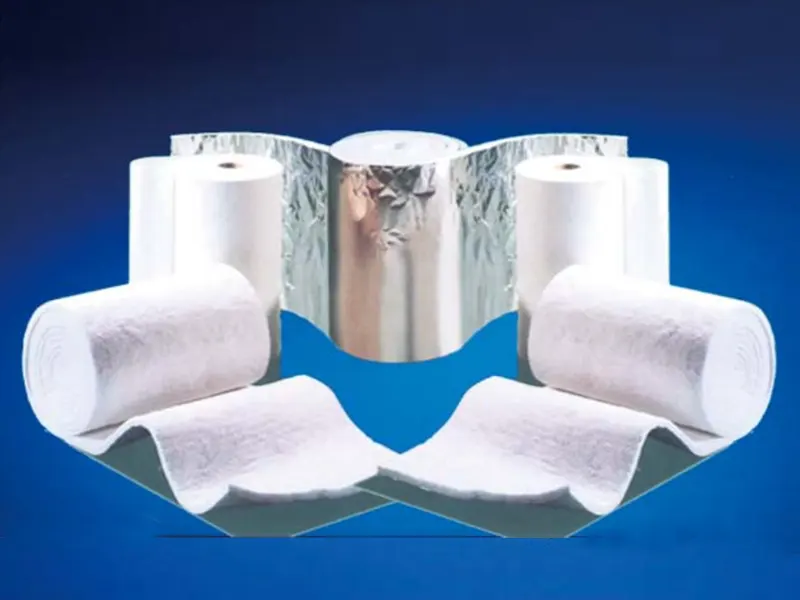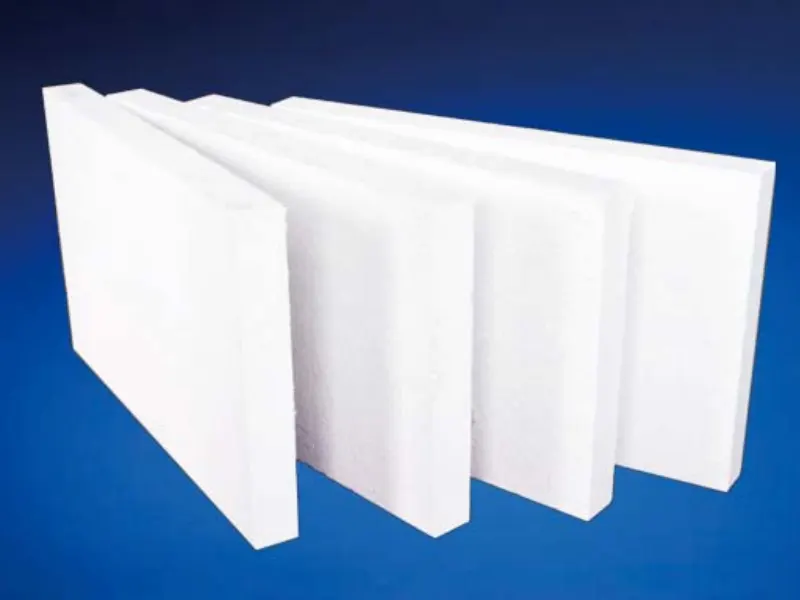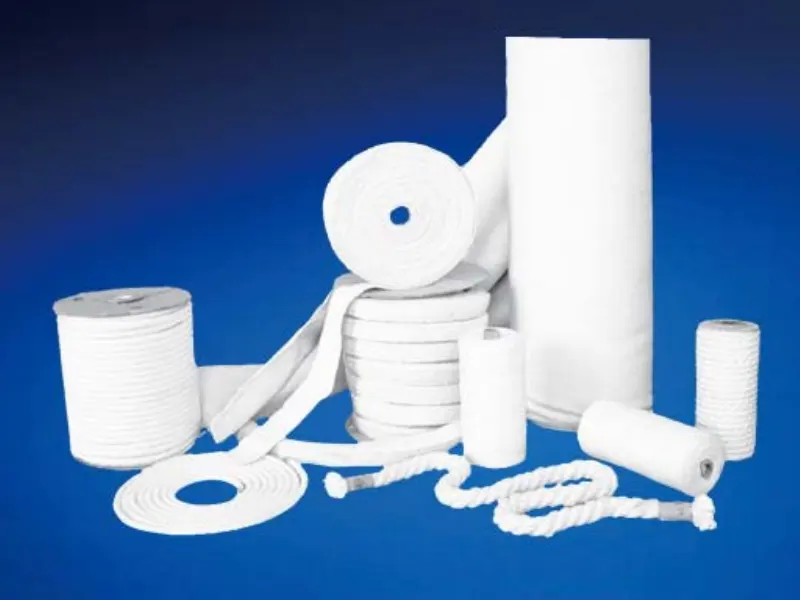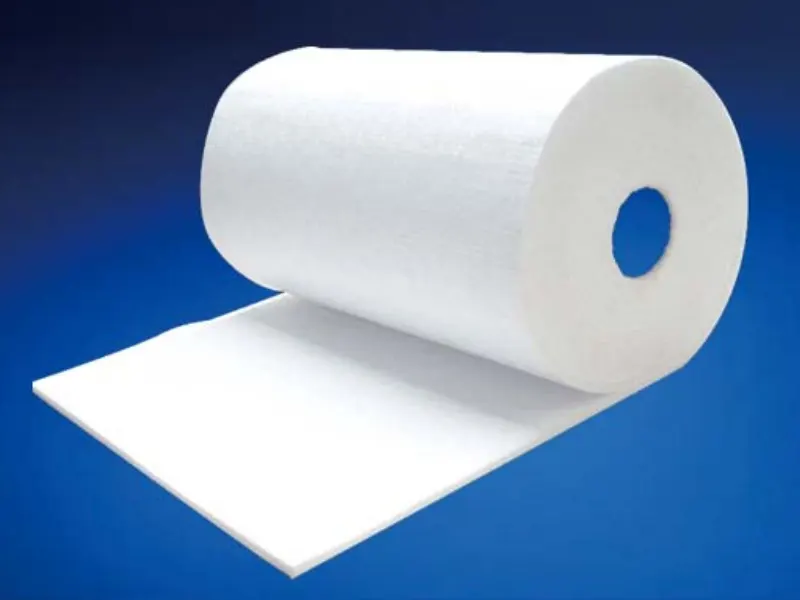
Refractory mortar

Classification:
Refractory Brick

Key words:
Refractory mortar
Refractory mortar
[ Product Description ]
Refractory mortar is a new type of material for refractory masonry, which is formulated according to the temperature grade of the masonry bricks, using the same grade and material powder, and incorporating bonding agent, moisturizing agent, additive, and composite admixture.
Fireproof mortar is divided into dry refractory mortar and wet refractory mortar.
[ Product Characteristics ]
● High bonding strength, excellent overall masonry structure, excellent airtightness, and erosion resistance.
● Long service life
● High refractoriness under load, high temperature shrinkage
● Good slag resistance, small masonry gap, and easy construction
● Good workability, high bonding strength
[ Typical Applications ]
A broad range of industrial kilns with refractory brick and masonry gaps
[ Main Technical Specification ]

Note: The above data represent typical average values measured according to standard testing methods and are subject to variations under normal production fluctuations. These data are provided as part of a technical service and may be adjusted at times. The data does not represent the quality assurance data for the product.
Supply status: Dry/Wet supply
Common packaging methods: Dry refractory mortar is packaged in plastic bags, with each bag containing 50 kg; and wet refractory mortar is packaged in plastic drums, with a weight of 25 kg per drum.
Amount of refractory mortar: Each standard brick, when laid with a 2 mm mortar joint, requires a reference amount of 0.15 kg of dry refractory mortar and 0.2 kg of wet refractory mortar.
[ Instructions for dry refractory mortar ]
Conventional size of pallet packages (mm): 230 * 114 * 65 (length*width*thickness)
Each bag of refractory mortar weighs 50 kg. When in use, water can be added to the construction site and soaked for 1–2 hours. After thorough mixing, it can be used directly.
Usage
◎The water used to prepare refractory mortar must be clean, with a carbon content less than 300 ppm.
◎When modulating, it is required to measure the water consumption and add 15–17 kilograms of water to each bag. The water consumption can be adjusted appropriately according to the size of the on-site masonry mortar joint, and it is required to mix thoroughly.
◎When stirring, an agitator or mortar mill can be used. It is required that the mixing machinery and tools used be thoroughly cleaned, and impurities such as lime, clay, and cement should be prevented from mixing in.
◎Before stirring, the packaging bag should be checked for damage, and whether the powder has absorbed moisture or clumped. If clumping occurs, the clumped powder must be removed.
◎When stirring, the powder material should be poured into the agitator first. After the powder is evenly mixed, the measured warm water should be poured into the powder and soaked for 1–2 hours. Then, the agitator should be turned on and mixed for approximately 15 minutes until the color is uniform and the binding agent is completely dissolved.
◎After stirring, the mortar should be stored in a plastic bucket and should not be in contact with air for a long time to avoid hardening.
◎The mixed mortar should be used promptly and should not be stored for too long. If it needs to be stored for a longer period, it must be sealed.
◎After unpacking the mortar, if it has not been used up, the inner bag must be promptly sealed to prevent the dry powder from coming into contact with air for a long time, which may result in moisture absorption and clumping.
Transportation and storage
◎The means for transporting mortar must be thoroughly cleaned and outfitted with rainproof facilities to prevent the dry powder from getting damp, wet, or submerged.
◎The warehouse storing mortar must have facilities to prevent rain, moisture, and moisture absorption.
◎During the handling process, the mortar should be handled gently to prevent damage to the packaging bags.
◎The shelf life of the mortar is 3 months, and it can also be used normally, subject to the storage conditions, provided that there is no caking phenomenon.
[ Instructions for wet refractory mortar ]
Wet refractory brick mortar is 25 kg per drum. Once the package is opened and mixed, it can be used directly.
Related Products





